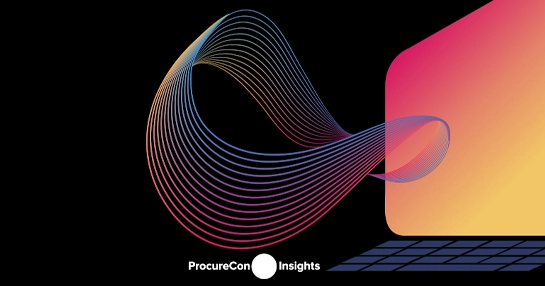Procurement service providers are broadly categorized as large generalists or “multi-tower” firms, and the more niche “best-of-breed” providers. Multi-tower providers, or larger enterprises, have powerful brands and deliver services across multiple business processes, while the much smaller-sized specialists tend to be nimble domain experts. When businesses look to outsource, multi-tower firms usually get the nod simply by virtue of being globally recognized corporations. But when it comes to strategic procurement engagements, is bigger always better? Does scale really matter? And can brand equity deliver better performance?
Theoretical vs. Actual Outcomes With Multi-Tier Procurement Services Firms
| Perceived Value Proposition | Actual Impact Based on Market Experiences |
|---|---|
| Business consolidation with a single partner results in a lower rate card | Because procurement services engagements require limited staffing, rate card economies of scale tend to be less than expected — making specialist providers competitive even when compared with large aggregated deals |
| A single point of contact bearing responsibility for all services leads to more streamlined vendor management and better governance | Different reporting structures for multiple service lines — each with varying goals and few significant incentives to collaborate — leave account reps navigating the politics of numerous chains of command, negatively impacting their responsiveness |
| Leveraging the large volume of spend under management through the service provider | On most occasions, expertise and client intimacy tend to eclipse any supposed market-mover advantage |
| Global support owing to the presence of local talent, market knowledge and language capability even in small countries | Ground resources in smaller countries seldom make the team as their cost doesn’t justify the spend at those locations |
| Process synergies across procurement, finance and IT drive greater efficiency and optimization | Cross-functional process synergies often fail to materialize significantly due to varying reporting structures and disparate objectives |
"GEP has consistently been a leading service provider in the move to procurement-as-a-service. With a strong vision for the future of procurement, paired with deep procurement knowledge and capabilities, and a comprehensive procurement software platform, GEP delivers transformational procurement value to clients across the world."
HfS Research
Choosing Wisely — The Best-of-Breed Edge
Finding the best fit procurement services partner for your organization should be the primary objective. A strategic alignment with the best-of-breed procurement services provider often surpasses what generalists can achieve. What you get is better responsiveness, quicker execution, unmatched client intimacy, and higher output.
Plainly put, finding the best fit procurement services partner for your organization should be the primary objective. Therefore, look out for experience, specialized skillsets, and the very top echelon of available procurement talent. What’s really critical is understanding the individual capabilities of each vendor, and most importantly, their potential to transform your operations.
















